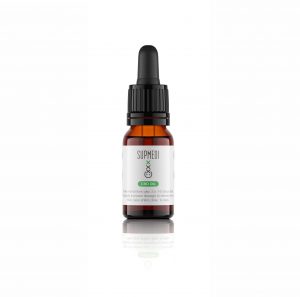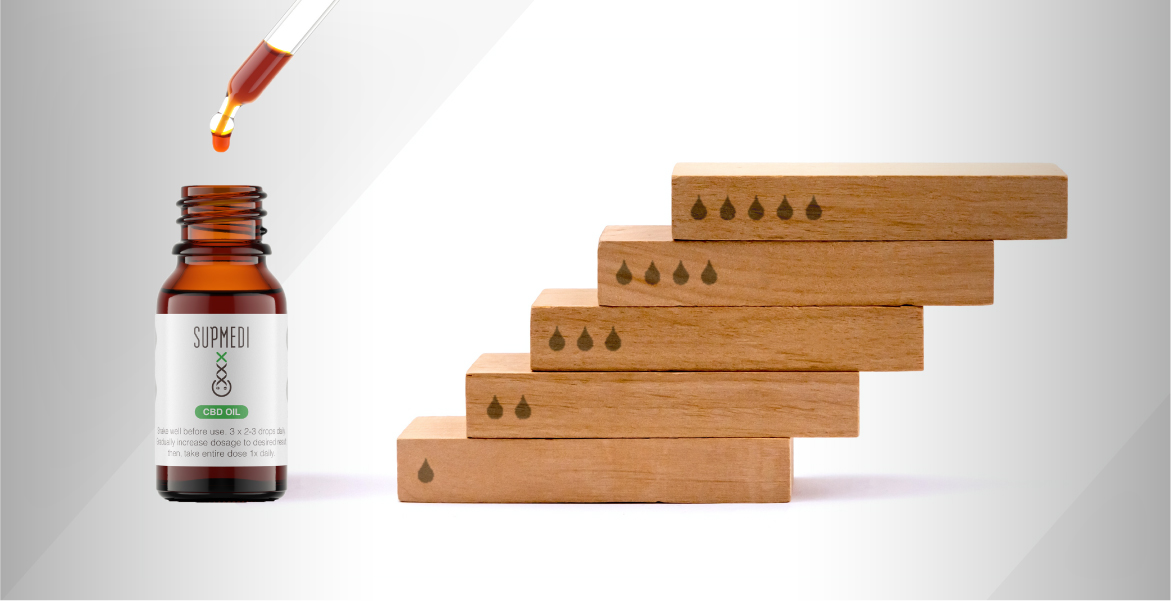
CBD Oil and tolerance
19 May 2022Today, many people use CBD Oil as a supplement against pain, sleeplessness, anxiety, and many other conditions. It is a natural supplement with few if any side-effects. One survey pointed out that 26% of all US citizens have used CBD at least once. However, if you are considering trying CBD Oil yourself, you may wonder of your body can build up tolerance for this substance. This blog provides the answers, as we explain what happens when you use CBD on a daily basis.
What is tolerance?
Many people know how the body can develop a tolerance for certain types of food, drugs, medication, and more. Common examples include coffee and alcohol, as well as certain prescription drugs. When we develop a tolerance to a certain substance, our body gradually becomes less sensitive to it because grow accustomed to its effects. As a consequence, we need more and more of the substance to produce the same effect.
CBD (cannabidiol) is a cannabinoid derived from hemp plants. People often wonder whether it can cause tolerance. After all, tolerance does build up after repeated use of THC (tetrahydrocannabinol) – the other famous cannabinoid found in cannabis pants. Even though CBD is non-psychoactive (it cannot make you high or stoned), both substances are often seen as similar in how they affect the body.
This is not the case, however. In fact, CBD and THC are two very different compounds. THC has psychotropic qualities: it can make people high and alter their perception. CBD does not have such properties, making it safe to use when going to work or school, or while driving a car. In order to understand how CBD and THC work, and whether they can lead to tolerance, we must first discuss an important part of our human physiology: the endocannabinoid system.
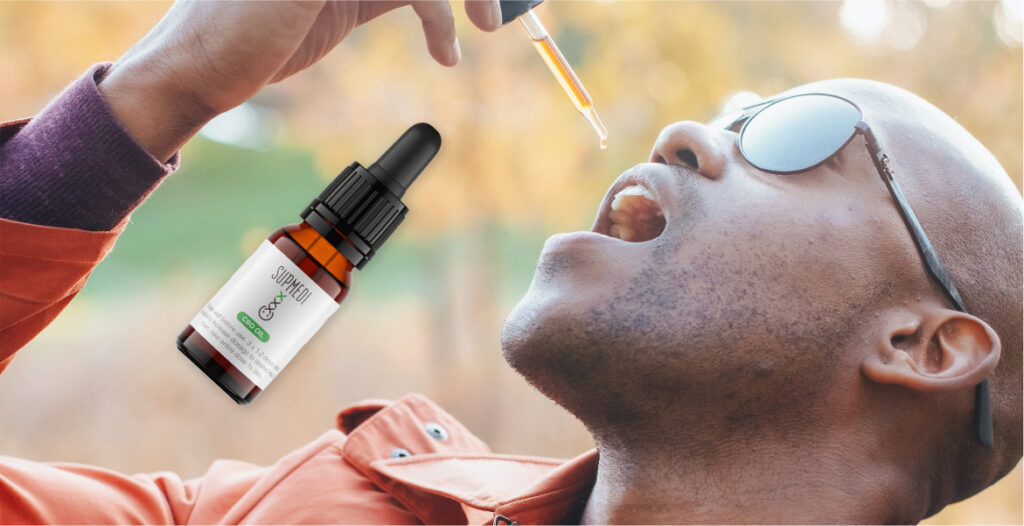
Just how does CBD Oil work?
After taking CBD supplements, the compound is absorbed into the bloodstream. CBD is a cannabinoid derived from hemp plants, making it a so-called phytocannabinoid. In addition to these plant cannabinoids, our body produces its own brand of endocannabinoids. Both classes of cannabinoids are capable of interacting with the endocannabinoid system (ECS).
This unique system is charged with keeping our body in physiological balance as the world around us changes. The ECS consists of receptors spread all throughout the body, capable of influencing processes where necessary. The system responds to signal transmitted by cannabinoids. If we suffer from stress, heat, disease, or other problems, the ECS kicks in to try and restore the balance.
However, cannabinoid deficiencies can happen for various reasons, including poor sleeping, long-term stress, and disease. In such cases, the ECS struggles to keep the body balanced. That’s where plant-derived CBD comes in, because it can be used to supplement the low levels of endocannabinoids in the body, communicating with the ECS to restore the body’s natural balance.
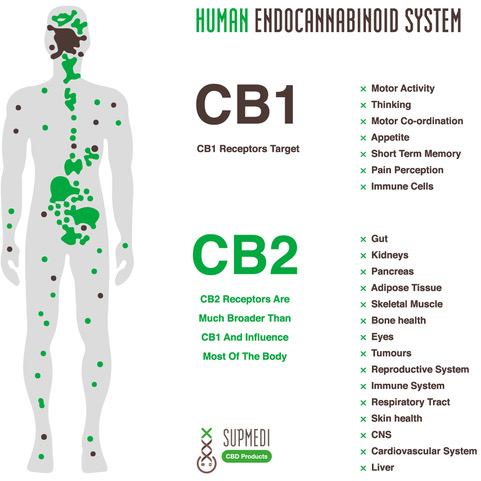
Tolerance for cannabinoids
Both CBD and THC are cannabinoids, and THC is known to cause tolerance. Both cannabinoids act very differently in the body, however, each interacting with the ECS receptors in its own way. This explains why their effects differ so much.
One of the chief properties of THC is its capacity to make cells more sensitive to simulation. Generally speaking, CBD has the opposite effect, desensitising the cells instead. The difference is attributed to THC’s ability to connect to cells directly, whereas CBD engages them in indirect fashion. This is thought to be the reason why people do not build up tolerance for CBD Oil. Below, you’ll find more on research investigating this phenomenon.
Studying cannabinoids and tolerance
CBD is a high-demand supplement that many people use for extended periods. Research has shown this to be perfectly safe, as the World Health Organization recently confirmed. Still, long-term use of any supplement or other substance can lead to buildup of tolerance. It is just the same as for regular medication, and so it makes perfect sense to wonder whether CBD oil can cause tolerance, too.
Opinions vary on the subject. Some experts indicate that tolerance to this cannabinoid is unlikely. In fact, many people notice they require less CBD after continued use, compared to when they first started. This is known as reverse tolerance.
This possibility appears related to CBD’s inability to connect directly with ECS receptors. Instead, CBD reinforces or otherwise alters the effects of other substances in the body, adjusting biochemical processes according to our current physiological requirements.
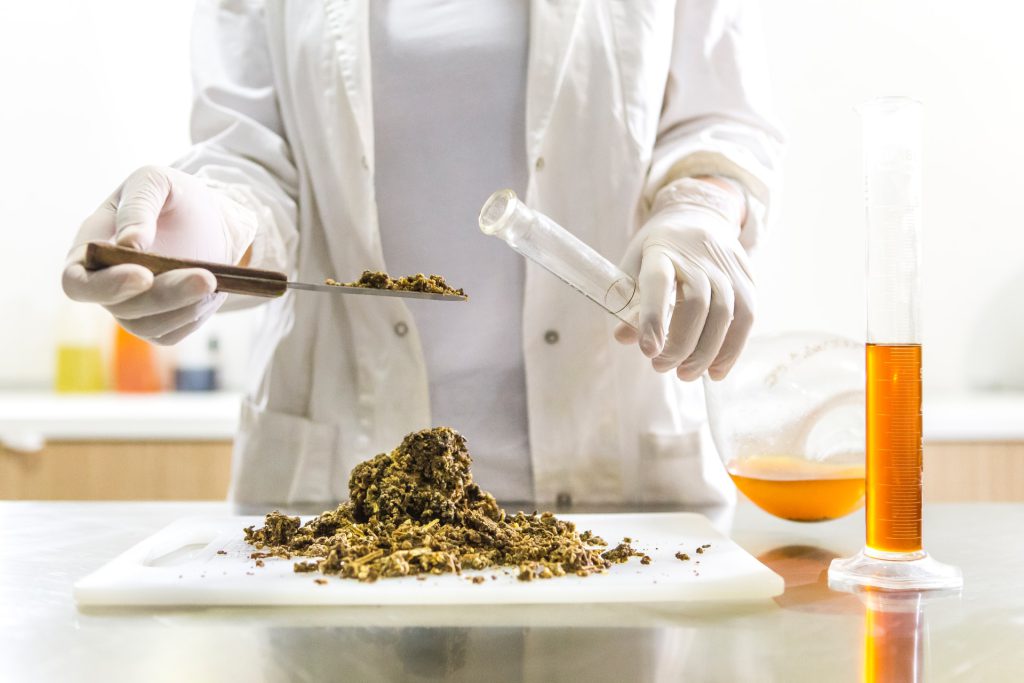
Other studies appear to indicate that CBD boosts production of our own internal cannabinoid supply. This supports the activity of the ECS, allowing it to operate on less CBD over time. Multiple studies have demonstrated that CBD Oil is safe for long-term us without risks of tolerance.
As mentioned, CBD interacts differently with receptors than other cannabinoids such as THC tend to do. According to research conducted by the Japanese Department of Neuropharmacology, CBD has neuroprotective properties without the need to connect directly with either CB1 or CB2 ECS receptors.
Is CBD Oil tolerance possible?
Although many scientists believe CBD Oil does not lead to tolerance, some experts have a different take on the matter. Even though science has never proven CBD Oil to be associated with tolerance, cannabidiol has never been conclusively proven to be free from tolerance altogether. Some theorists therefore suspect that tolerance to CBD Oil is a distinct possibility. Here at SupMedi, we prefer to keep up with the latest scientific insights, so we leave room for critical notes, too.
One study conducted in 2018, for instance, revealed that one third of patients using CBD Oil against epilepsy appeared to develop some tolerance to the compound. The research involved a group of 92 children who did not respond well to regular treatment. One of the researchers indicated that although CBD is a viable option for treating certain forms of epilepsy, over time, the treatment tended to become less effective, just like normal anti-epileptic medication did. Eventually, dosages had to be increased to contain epileptic seizures both for prescription medication and CBD.
Stay up to date on the latest CBD insights
As you can see, the jury is still out on the question whether CBD Oil can cause tolerance. That’s not a bad thing: the study of cannabinoids and the endocannabinoid system is a relatively new field, and new discoveries are made all the time. That’s why we keep following hot on the heels of all the latest scientific CBD insights. That way, you can stay informed and decide for yourself. And since we are all unique individuals, it may well turn out that some people are more susceptible to CBD Oil tolerance than others. Time will tell, but even if this turns out to be the case, there is something you can do about it. You can always decide to take a temporary break from CBD if you notice it has become less effective. On average, it takes just three to seven days before all the CBD compounds have left your system. After that, any possible tolerance should disappear, leaving you at liberty to start over again. Another option is to lower your usual dose for a while and see whether that takes away any suspected tolerance effects.
Pick your ideal CBD supplement
No matter what, you can always rely on ordering only the very best CBD supplements here at SupMedi. We make sure that all our products are tested for quality and purity by independent laboratories. This is your best guarantee of taking only the finest CBD supplements available today, made using an exclusive selection of premium natural ingredients. We give full credit to hard scientific evidence, but we will never forget the organic, plant-based power that is at the root of our hemp oil supplements!
